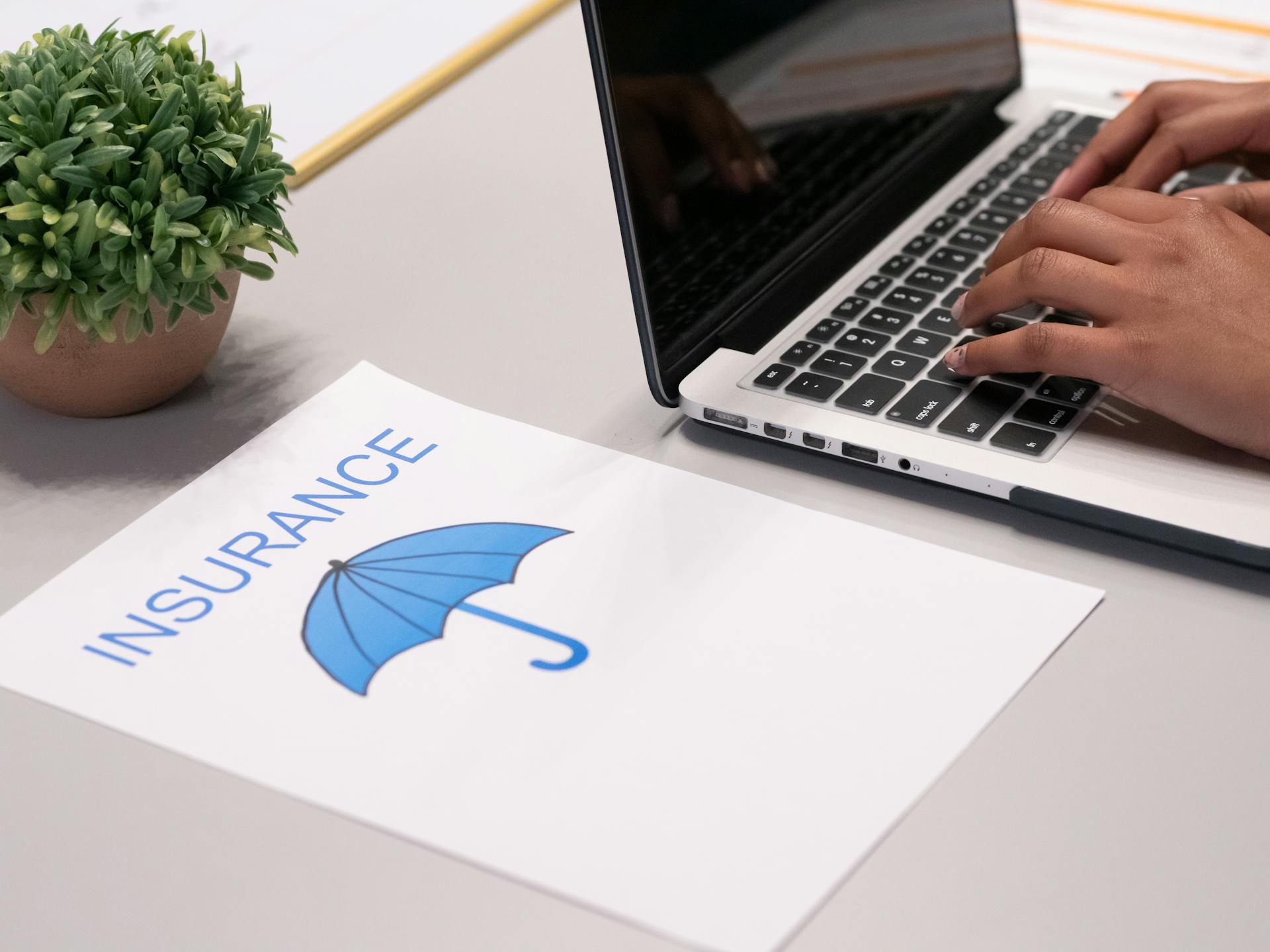

Question: What is PMI: Private Mortgage Insurance?
Answer: PMI is insurance that protects lenders from default, usually required when down payments are less than 20% of the home’s value.
What is PMI: Private Mortgage Insurance? Understanding Private Mortgage Insurance in Real Estate Financing
In home financing, Private Mortgage Insurance (PMI) emerges as a significant component, particularly for buyers who cannot make a large down payment. PMI is a type of insurance that lenders require from homeowners who obtain loans that are more than 80% of their new home’s value.
The Role and Purpose of PMI
PMI protects the lender in case the homeowner defaults on their loan. While it increases the cost of the mortgage, it also enables buyers to purchase homes with a smaller down payment. [ 1 ]
Click here for more information on real estate offices near my Orangeville location
Related Article: What is POF: Proof of Funds?
Related Article: What is LTV: Loan-To-Value Ratio?
How PMI Works in Mortgage Agreements
Understanding the mechanics of PMI is key to making informed decisions in the home buying process.
Calculation of PMI
PMI rates vary based on the down payment and credit score of the borrower. It’s typically calculated as a percentage of the mortgage loan amount and added to the monthly mortgage payment.
Duration of PMI Payments
PMI is often required until the homeowner builds up enough equity in their home, usually 20% of the home’s value.
The Benefits of PMI for Homebuyers
Despite being an additional expense, PMI offers several advantages for homebuyers.
Access to Homeownership
PMI allows individuals to become homeowners without needing a substantial down payment, making homeownership more accessible.
Potential for Higher Investment Returns
By purchasing a home earlier with the help of PMI, homeowners can potentially benefit from home value appreciation over time.
Calculating the Cost of PMI
To effectively budget for a mortgage, understanding how to calculate the cost of PMI is crucial.
Factors Influencing PMI Costs
The cost of PMI is influenced by factors such as the size of the down payment, loan amount, and the borrower’s credit score.
PMI Rate Examples
Typical PMI rates can range from 0.3% to 1.5% of the original loan amount per year, depending on these factors.
PMI Removal and Home Equity
Building equity is key to removing the PMI payment from a mortgage.
Automatic PMI Termination
Lenders are generally required to terminate PMI automatically when the mortgage balance reaches 78% of the original home value.
Requesting PMI Cancellation
Homeowners can also request to cancel PMI when their home equity reaches 20%, subject to lender approval and verification of home value.
PMI Alternatives and Considerations
There are alternatives and strategies for those who wish to avoid or minimize the impact of PMI.
Higher Down Payment
Saving for a larger down payment to achieve an LTV below 80% is one way to avoid PMI.
Lender-Paid Mortgage Insurance
Some lenders offer lender-paid PMI, where the cost of PMI is included in a higher interest rate on the loan.
Check out the homepage to learn more about how Jennifer Jewell can help you
Conclusion: Navigating PMI in Home Financing
Private mortgage insurance is an essential element in the home financing process, particularly for those unable to make a large down payment. While it represents an additional cost, PMI facilitates earlier homeownership, which can yield long-term financial benefits. Understanding the intricacies of PMI, including its calculation, duration, and removal, is crucial for homebuyers in effectively managing their mortgage expenses and planning their path to building home equity.
References
1. https://www.investopedia.com/ask/answers/09/pmi.asp


